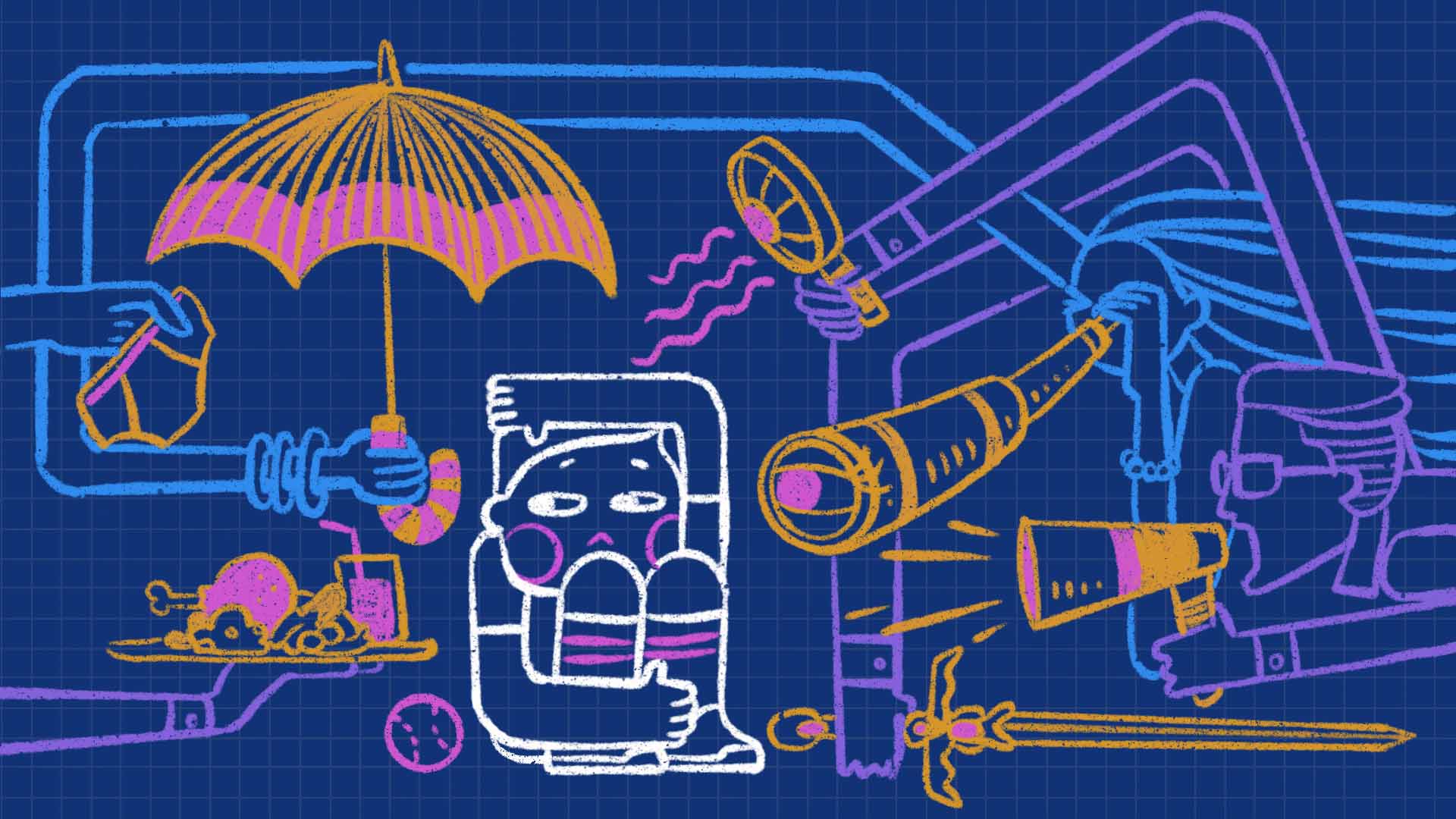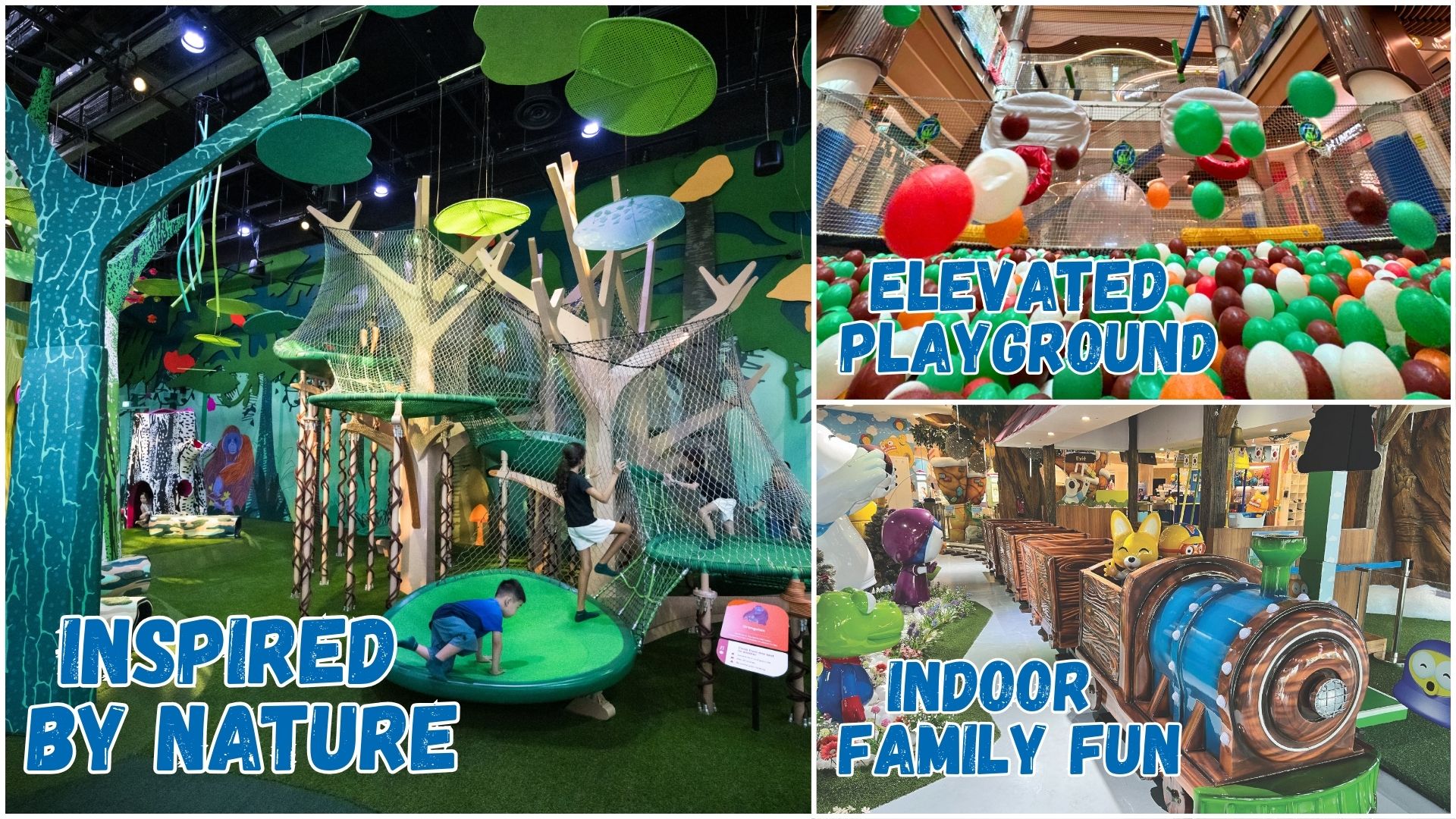6 Signs You're A Helicopter Parent
All parents instinctively want to protect their kids and keep them safe, but sometimes they become the dreaded helicopter parents without realising it. A helicopter parent (also known as a hovering parent or a cosseter) is a parent who pays extremely close (and unhealthy amount of) attention to a child's experiences and problems, ‘interfering’ with their normal development and their ability to take care of themselves.
As the name implies, parents tend to hover over their children at all times. Stemming from a deep-rooted worry and belief that their children can’t look after themselves, helicopter parenting is an extremely regimented, maladaptive parenting style, often with the indirect effect of stifling the child’s normal mental and emotional development.
How do you know if you’re a helicopter parent? Look out for these 6 glaring signs:
1. You fight your child's battles
You take full control of and handle your children’s social issues (including disagreements at school with teachers or arguments with other children even at the playground), and take it upon yourself to sort it out with the related adults – in this case the teacher or the parent of the child at the playground. Let your children learn how to sort out their own issues themselves.
2. You won’t let him take any risks
Wish you could bubble wrap your kids? Do you frequently say most of the following - “Get down from there”, “Stop or you’ll hurt yourself”, “Don’t ride so fast without the training wheels”, “Hold my hand down the slide”? No parent wants to see their child get hurt, but not letting them take risks for fear of injuries is actually detrimental to their physical and mental development. Child psychologists say the way to avoid stunting growth is to make ‘Keep him as safe as necessary, not as safe as possible’ your mantra. Falling down occasionally and having minor scrapes and bruises is important.
3. You can't let them fail
Helicopter parents can’t accept failure from their children. Despite knowing that mistakes and trial and error are some of the best childhood teachers, failure is not an option for such parents. Hovering parents will often take over their child’s projects and homework to do things ‘the right way’, expecting a higher grade for their child as well as expecting them to have learnt from the experience. There are plenty of ways to save your kids from feeling frustrated, but healthy levels of stress from homework or exam times can actually boost their problem-solving skills, preparing them for the realities of life from a young age.

4. You can’t let your children out of your sight
Do you have a mild panic attack when your child has a school trip to go to? Do you stick around for drop-off birthday parties? Do you follow your children ‘quietly’ as they spend a day out with friends? Do you drive your older children to their friends’ houses even though they are perfectly capable of getting there themselves? If so, stop it! Give them some room to be more independent and build their self-confidence.
5. You think you know better than his teachers
Do you often have conversations with your child’s teachers telling them how they should be teaching your child and what they’re doing wrong? Or do you believe you’re better at the sport than the coach, often shouting advice from the stands during your kids’ games or corner the coach to talk after every practice? Sports teaches children how to deal with conflict, be part of a team, work toward a goal, be a leader, and cope with defeat. So bite your lip the next time you feel the urge to correct a coach or a teacher. After all, they are the teachers. You are not.
6. You're a control freak
Do you complain your children can’t do anything for themselves yet you won’t let them do anything independently? Start your child on household chores such as making their bed, putting dirty clothes in the laundry, doing the dishes, and so on, from a young age so that they quickly learn to be capable of doing such tasks themselves.
For the latest updates on Wonderwall.sg, be sure to follow us on TikTok, Telegram, Instagram, and Facebook. If you have a story idea for us, email us at [email protected].











